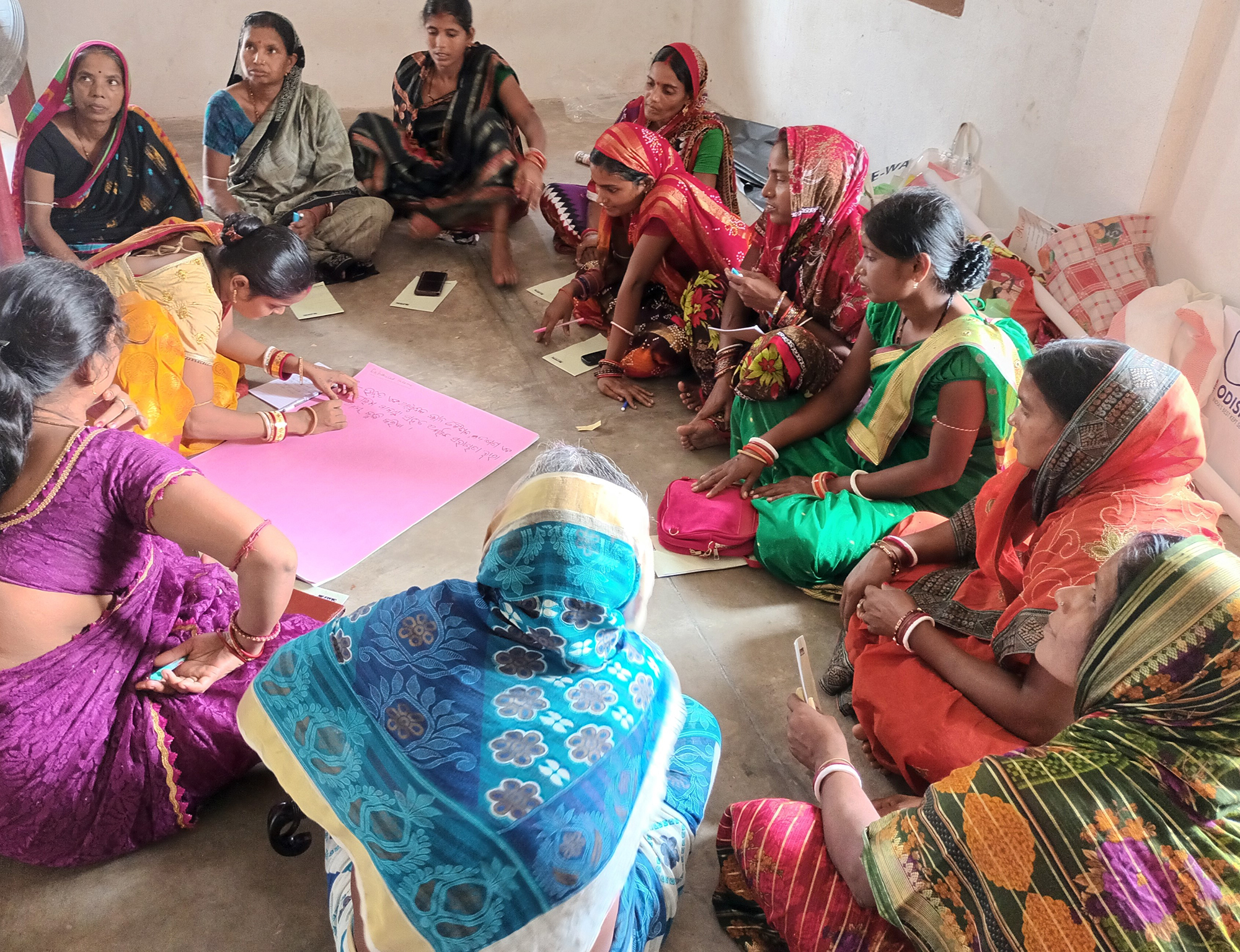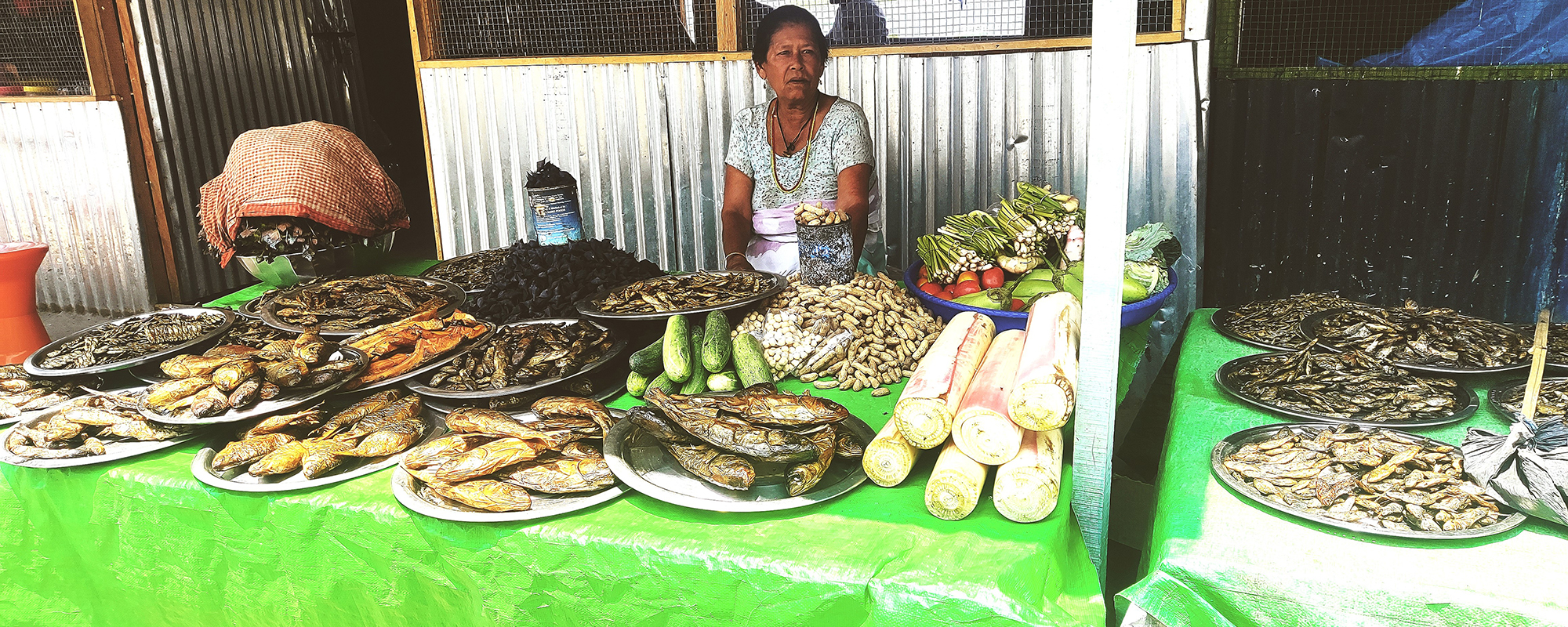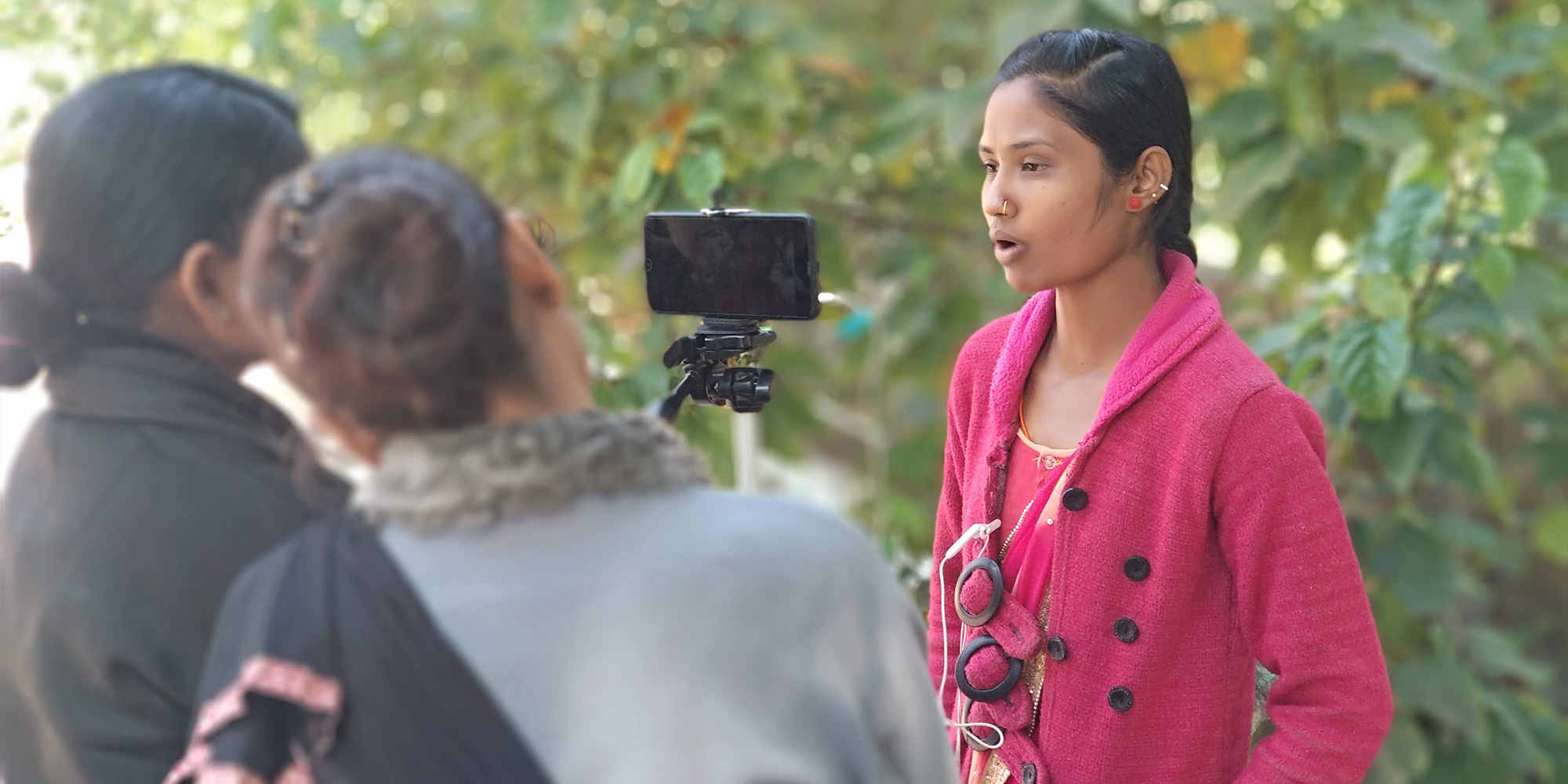23 Jul, 2024
Authors: Shambhavi Krishna, Forestry and Biodiversity Advisor, Wetlands Management for Biodiversity and Climate Protection
Women have long been the stewards of our planet's rich natural heritage. Their intimate connection with nature shapes not only livelihoods but also the identities of communities.
Due to societal norms and perceived gender roles, women have been the natural resource managers. Globally, women manage water, food, and fuel sourcing for their families, thus developing an understanding of their ecosystems and a relationship with their surroundings beyond resource extraction for economic gains for the family.
As we delve deeper into this intricate relationship between women and wetlands we uncover a story of resilience, wisdom, care, conservation, and empowerment through their involvement in sustenance, livelihood, cuisine, arts and more. Practicing sustainable aquaculture and cultivating paddy fields, harvesting and selling snails, molluscs, aquatic plants like water lilies, lotus and water chestnut, processing plant fibres and crafting intricate handicrafts and beyond - their interactions with wetlands roles are as varied as the ecosystems themselves.
In many societies it is believed that the wetlands and their people are protected by the divine forces which often take the form of goddesses - from Bonbibi of Sundarban mangroves in the East, to the Vanadevate, the Mother Goddess of the sacred swamps in Western Ghats, from the Renukaji in the Himalayan foothills and Loktak Ima in Manipur, to the Kanni goddess worshipped by the fisher communities of Pulicat.
Unfortunately, women are also more vulnerable to health risks, financial losses and social issues that arise from ecosystem degradation and climate risks. This is further exacerbated when we take into account the intersectionality of ethnicities and socio-economic status that are often found in the wetland-dependent demographic. It is often the poorest of the poor who are impacted acutely when wetlands degrade, and the most vulnerable group herein is often the women. Thus, recognising and strengthening the role of women in wise use, management and conservation of wetlands is necessary for enhancing overall community and ecosystem resilience.
 Farmers discuss their vision for Bhitarkanika catchment development | ©GIZ India/Shambhavi Krishna
Farmers discuss their vision for Bhitarkanika catchment development | ©GIZ India/Shambhavi Krishna
We find that when women community members are involved in participatory management discussions, different perspectives and ideas emerge. There is also a ready acceptance of innovative ideas. Case in point is the Green Recovery Measures undertaken in Bhitarkanika. When alternate sustainable livelihood upskilling was being organised for communities around the Ramsar Site, Ms Sandhyarani and Mr Chandrasekhar Manna, marginal farmers from Junusnagar, participated in training programmes on system of crop intensification (SCI) for vegetable production. Mr Manna would often argue in favour of using chemical pesticides and fertilisers for ensuring good yield and to sustain the necessary income. When Cyclone Yaas damaged their young, transplanted crops, Mr Manna was discouraged from continuing. But Ms Sandhyarani encouraged him to continue with organic inputs as it would also mean less expenditure as well less impact that the on soil and human health compared to chemical inputs. Today, the couple continue to explore bio-input driven practices on more of their land and use their farm as a Farmer's Field School (FFS).
.jpg) Mr Chandrasekhar and Ms Sandhyarani on their farm © APOWA for GIZ
Mr Chandrasekhar and Ms Sandhyarani on their farm © APOWA for GIZ
We also see that innovative solutions coupled with traditional practices can help mitigate long-standing wetland management issues like spreading of water hyacinth. In different parts of the country, women-led SHGs are taking utilising this invasive plant to create handicrafts, utility products, paper and fibre. Along with such value additions that support management of wetland, women also keep alive traditional practices like songs, folktales, cuisine and festivals which keep intact the relation between a people group and the wetlands around them. Women are also playing a major role to combat climate change impacts by establishing mangrove bio-shield in Sundarbans, in Pulicat and in other mangrove forests of the country.
 Wetland produce on sale near Loktak | ©GIZ India/Shambhavi Krishna
Wetland produce on sale near Loktak | ©GIZ India/Shambhavi Krishna
In 2018, contracting Parties to the Convention on Wetlands adopted Resolution XIII.18 on Gender and Wetlands, the first Resolution which recognises the importance of addressing gender equality and women’s empowerment in the implementation of the Convention. Contracting Parties further committed to mainstream a gender perspective in the Convention’s work, recognising that women play a vital role as agents of development, and to acknowledge that gender equality and the empowerment of all women and girls is crucial to making progress against all Sustainable Development Goals and targets. The Resolution encourages Contracting Parties to be gender-responsive in the implementation of the Convention, recognising the role of women, including Indigenous and local women, in the provision, management and safeguarding of wetlands. Ministry of Environment, Forest and Climate Change is also looking to enhance women participation in wetland under its Amrit Dharohar initiative.
© GIZ India/Tanbir Azmi
There is still a long way to integrate women rights, ensure their optimal representation and make available adequate resources for their engagement in wetland management at different levels. Enhancing awareness on gender – specific wetland concerns is the first step to mainstreaming gender in wetlands conservation and management policies. To ensure equitable participation across genders in monitoring and management, there is also an urgent need for capacity development that considers the differential distribution of benefits, resources, status and rights.
 Trainees learning participatory video-making: telling their wetland stories © Drishti Media for GIZ
Trainees learning participatory video-making: telling their wetland stories © Drishti Media for GIZ
As we continue on our wetlands wise use and conservation journey, the Indo-German Biodiversity Programme is committed to put forth the voices, the concerns, the dependencies and the abilities of all stakeholders, across gender identities. Let us celebrate the contibution of women as stewards of wetlands conservation and work together to strengthen their role in management of wetlands.
Link to a short film : Guardians of Wetlands : Women in Wetlands Conservation
Resources
We would like to hear from you. Write to us by clicking on the feedback button on top.
© 2014 IGBP. All Rights Reserved.
Site By: Virtualpages
